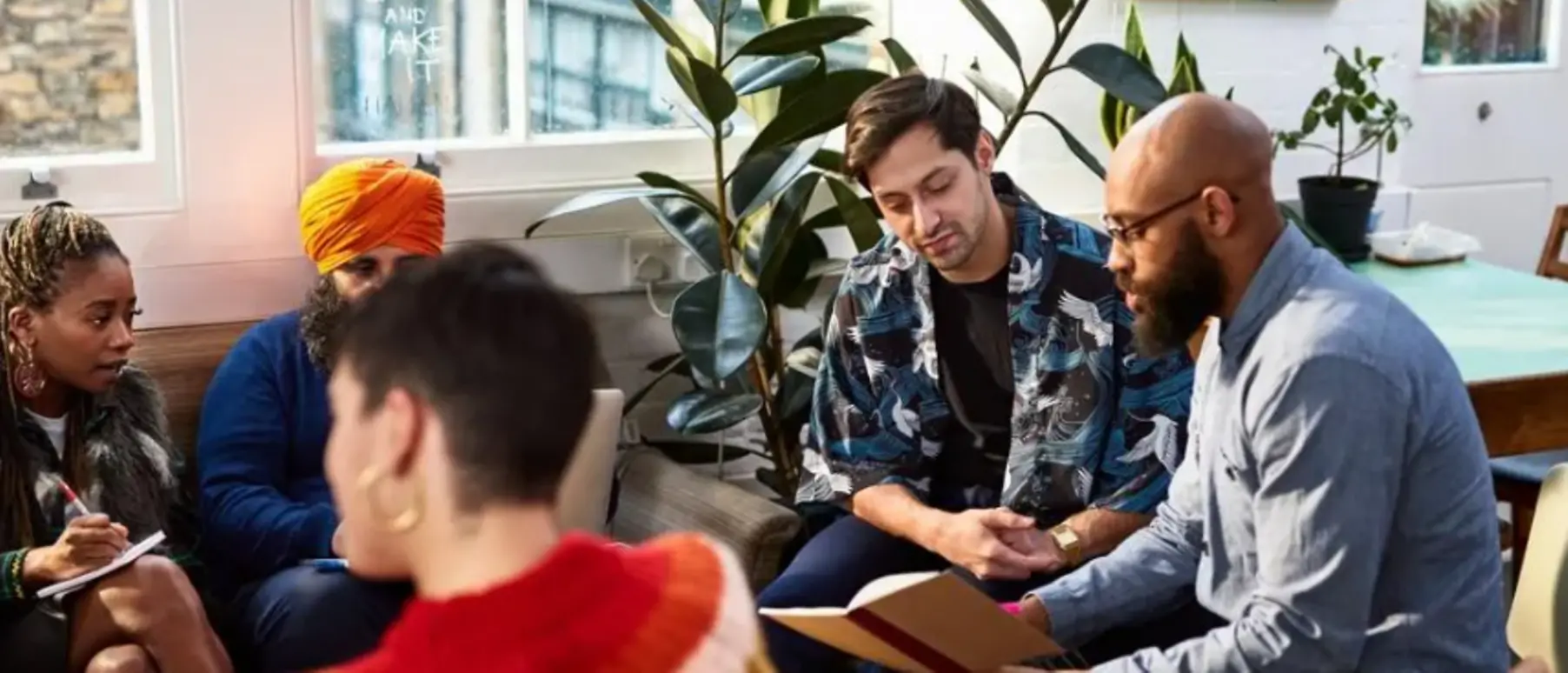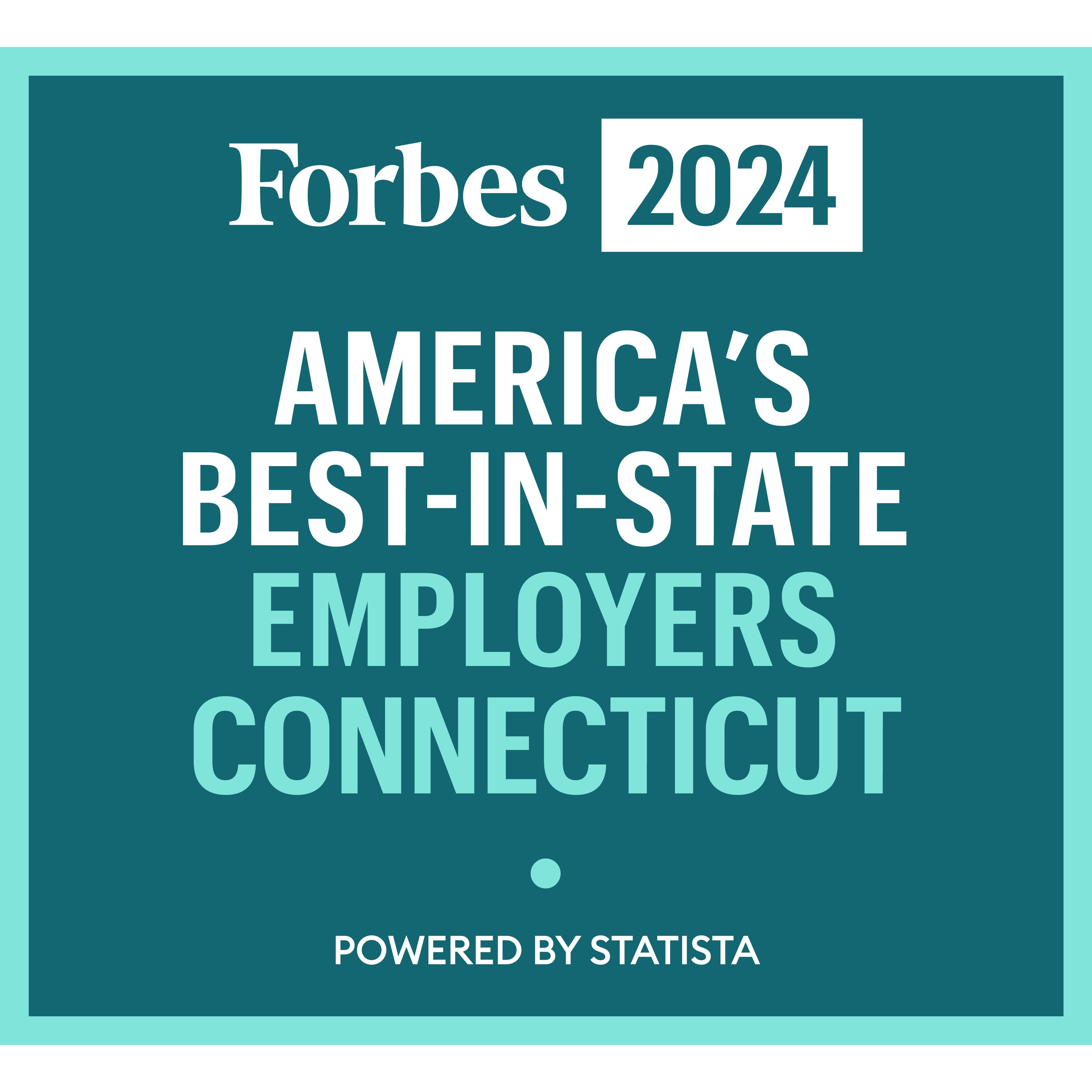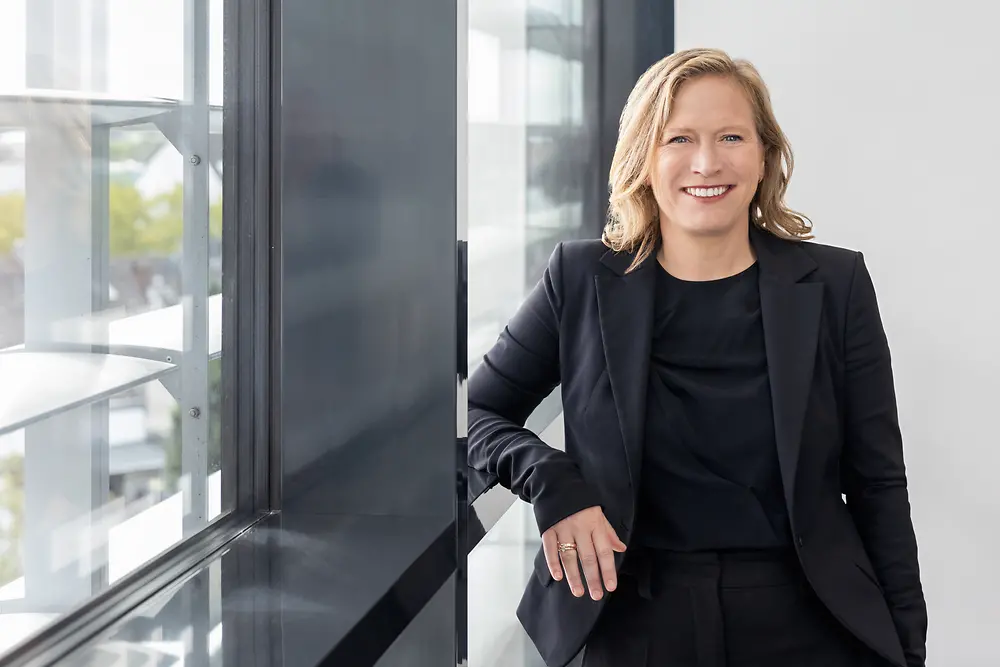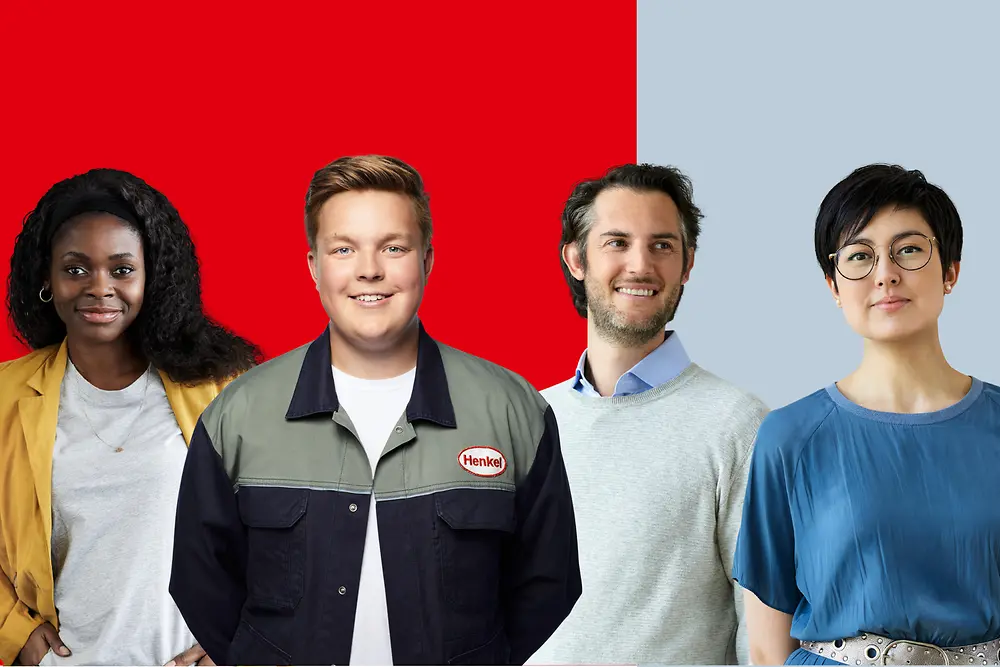Businesses today operate in a world where the speed of change is exponential, and social, political and economic challenges are increasingly complex.
Navigating this complexity demands a diverse approach to problem-solving. This is why creating a sustainable path for growth requires a diverse team and inclusive culture.
Running a business is about people. Employees are the drivers of customer intimacy, innovation, strategy implementation and problem-solving. According to Harvard University, the average adult in the U.S. will spend nearly one-third of their life at work. A job is about more than roles and responsibilities; to thrive, we must feel a sense of belonging and connection with the values a company embraces. It’s important to build an inclusive culture where we feel inspired, valued and encouraged to share our best selves and boldest ideas.
Of course, building a positive culture is easier said than done; here are three guiding principles I think can help foster a better workplace.
Value Our Differences: Foster A Culture Of Belonging
Acknowledging our differences and embracing different viewpoints takes courage. However, it can also compel remarkable outcomes. Every individual has a unique background and experience, and as leaders, we can cultivate an environment where these critical voices are heard and valued. In addition to fostering a positive employee experience, this benefits our businesses and the solutions we bring to external partners.
To this end, it is key for us as leaders and organizations to continuously challenge our biases by seeking out different perspectives. This paves the way for growth and creates a culture where people feel empowered to take risks and embrace opportunities.
In my experience, employee resource groups (ERGs) can be a strong catalyst for fostering a culture of belonging across organizations and increasing our understanding of one another through candid conversations. They can help lift diverse voices and facilitate professional development; the work they do has a profound impact on businesses, communities and employees.
For example, I am fortunate to be an executive sponsor of the Henkel Women’s Network, an ERG working to empower, develop and support women in reaching their full potential. Whenever I attend events sponsored by this group, I leave with a deep appreciation of the shoulders we stand on and our ability to help pave the way for future leaders.
Learning Is Lifelong: Provide Equitable Opportunities
The nation’s workforce is becoming more diverse, but diversity within industries is not keeping pace. Shaping a workforce with a variety of backgrounds and experiences is essential for the future, but doing so requires supporting greater access to education and opportunities for professional growth.
This is why I believe it is important for companies to invest in organizations that can help close the equity gap, such as scholarship programs like the United Negro College Fund, Hispanic Scholarship Fund and the American Indian Science and Engineering Society. As leaders, we can remove barriers to educational resources and opportunities. Supporting access to quality education for more of the next generation is one way to level the playing field, but it cannot stop there.
Learning is lifelong, and companies should provide opportunities for employees to continue their growth and development. Tuition reimbursement, mentorship and professional development programs can help employees access the tools and knowledge they need to recognize their true potential.
My company's PRISM rotational program helps early-career associates grow a skill set and industrial knowledge base through rotations in different functions, trainings and mentorship programs. Even if your company doesn't have structured programs like this, I encourage you to take proactive steps that provide learning opportunities, both formal and informal.
As leaders, we can role-model a growth mindset by being transparent about learning through failure and resiliency. By providing different educational and professional development pathways, we can foster the courage to try something new.
Community Matters: Prioritize Inclusive Programs And Partnerships
A Deloitte 2022 Gen-Z and Millennial survey found that employees from these generations tend to feel a deep need to balance their professional obligations and their capacity to influence social change. This suggests that companies with community impact programs may be more attractive to a talented workforce.
Our work does not exist in a vacuum. Companies help shape the fabric of local communities using skills and resources to build meaningful connections and make an impact. In working to build programs that raise awareness about important topics with employees, partners and local communities, we can strive to impact the interconnected economic, social and environmental challenges that exist today.
Studies show America’s youth continue to lose interest in STEM. As a company filled with engineers, scientists and innovators I find it increasingly important to harness this expertise to inspire others. Toward this, in 2021, we launched Henkel Researchers’ World, a STEM education program that guides children through hands-on experiments, focusing on concepts like sustainability, material science and energy.
Through non-profit partnerships, we also saw an opportunity to bring the content directly into communities, opening a classroom in the environmental education center of the Stamford, Connecticut-based Mill River Park Collaborative. I encourage other leaders to consider implementing or supporting similar initiatives in your community. By providing accessible and engaging educational experiences, we can play a crucial role in inspiring young minds and shaping the future of innovation.
Fellow Leaders: It Starts With Us
A strong corporate culture starts at the top. As leaders, we have the responsibility to be authentic and honest so we can build trust and foster a culture of belonging that appreciates unique contributions and identities.
Valuing diverse voices across an organization means keeping our ears and minds open to what others have to offer and being truly willing to learn from and act on it. It also means investing in lifelong learning opportunities and supporting meaningful community programs that can drive impact for generations to come.
This article was originally published by Forbes in July 2024







